INTRODUCTION
CHAPTER I
My Tartar ancestors - Khan Yussuf - Souinbeca - The first Yussupoff princes.
CHAPTER II
Prince Nicholas Borissovich - His journeys abroad - His marriage - Arkhangelskoye - Prince Boris Nicholaievich.
CHAPTER III
My birth - My mother's disappointment - The Berlin zoo - My great-grandmother - My grandparents - My parents - My brother Nicholas.
CHAPTER IV
The Coronation of the Emperor Nicholas II - The receptions given at Arkhangelskoye and our House in Moscow - Marie, Crown Princess of Rumania - Prince Gritzko.
CHAPTER V
My childhood - Our playmates - The Argentinian - The 1900 Exposition in Paris - General Bernov - Gugusse - Travel gives experience to the young.
CHAPTER VI
The Russo-Japanese War - The Montenegrins - The Reval conferences.
CHAPTER VII
Our various residences - St. Petersburg - The Moika, its servants and guests - A supper at The Bear restaurant.
CHAPTER VIII
Moscow - Our life at Arkhangelskoye - Serov the painter - A supernatural adventure - Our neighbors in the country - Spaskoye-Selo.
CHAPTER IX
Growing pains - The gypsies - A royal conquest - My first appearance on the music-hall stage - Fancy-dress balls - A stormy conversation with my father.
CHAPTER X
Tsarskoe-Selo - The Grand Duke Dmitri Pavlovich - Rakitnoe.
CHAPTER XI
The Crimea-Koreiz - My father's strange fantasies - Our Neighbors - AiTodor - My first meeting with Princess Irina - Kokoz - How I won the favor of the Emir of Boukhara.
CHAPTER XII
A change of residence - Spiritualism and theosophy - The Viasemkaya Lavra - My last journey abroad with my brother - His duel and death.
CHAPTER XIII
The Grand Duchess Elisabeth Feodorovna - Her good influence - My work with her at Moscow - Plans for the future.
CHAPTER XIV
Departure for the Crimea and return to Moscow - Winter at Tsarskoe Selo - Father John of Kronstadt - I visit our estates Return to the Crimea - I leave to go abroad.
CHAPTER XV
My first trip to England - I return to Russia - I meet Rasputin - Departure for Oxford - Anna Pavlova - Life at the University - London society, fancy-dress balls, etc. - Farewell to Oxford Last few days in London - The English at home.
CHAPTER XVI
I return to Russia - The centenary of Borodino - My engagement.
CHAPTER XVII
I go abroad - The Solovetz Monastery - Paris - The Duchess of Mecklenburg-Schwerin.
CHAPTER XVIII
Our engagement is made public - A threatened break - The Dowager Empress - Preparing our apartments on the Moika - Our marriage.
CHAPTER XIX
Our honeymoon: Paris - Egypt - Easter festivities in Jerusalem - Our journey across Italy - Our stay in London.
CHAPTER XX
Our tribulations in Germany - We return to Russia via Copenhagen and Finland - The birth of my daughter - My father's mission abroad - He is appointed Governor General of Moscow - The situation grows worse - Rasputin.
CHAPTER XXI
Rasputin the man - The reasons for his influence and its consequences.
CHAPTER XXII
In search of a plan - The conspiracy - Rasputin's hypnotic powers - The starets becomes confidential - He accepts my invitation to the Moika.
CHAPTER XXIII
The Moika basement - The night of December 29.
CHAPTER XXIV
I am questioned by the police - At the Grand Duke Dmitri's palace - Disillusionment.
CHAPTER XXV
In exile at Rakitnoe - The first phase of the Revolution - The Emperor's abdication - He bids farewell to his mother - My return to St. Petersburg - A singular proposal.
CHAPTER XXVI
General exodus to the Crimea - Ai-Todor is searched - Irina has an interview with Kerensky - St. Petersburg during the Revolution - The Imperial family is taken to Siberia - My last visit to the Grand Duchess Elisabeth - Mysterious guardian angels Scenes from the Revolution in the Crimea - My family-in-law is imprisoned at Dulber-Zadoroiny - Deliverance in extremis - A short period of happiness - Rumors of the Imperial family's assassination - The prophecies of the nun from Yalta.
CHAPTER XXVII
The last days of the Emperor and his family - The assassination of the Grand Dukes in Siberia and St. Petersburg - The Grand Duke Alexander vainly approaches the Allied Governments - Exile.
Go to the Alexander Palace Time Machine
My Tartar ancestors - Khan Yussuf - Souinbeca - The first Yussupoff princes.
ACCORDING to our records, my family was founded by a certain Aboubekir ben Raioc who lived in the sixth century and who was said to be a descendant of the Prophet Ali, a nephew of Mahomet. Aboubekir was the supreme head of all Moslems and bore the titles of Emir el Omra, Prince of Princes, Sultan of Sultans, and Khan, thus uniting religious and political authority in his person. His descendants also exercised the same supreme authority in Egypt, Antioch and Constantinople. Some of them are buried in Mecca, in the neighborhood of the celebrated Caaba stone.
Termess, one of Aboubekir's descendants, emigrated from Arabia to the shores of the Azov and Caspian seas. He held vast tracts of land between the River Don and the Ural Mountains where the Nogaiskaia-Orda* was eventually constituted.
In the fourteenth century, one of the descendants of Termess, Edigue Manguite, who was considered one of the greatest strategists of his time, took part in all the campaigns of Tamerlane, the founder of the second Mongolian Empire. He fought the Khan of Kaptchak who had rebelled against Tamerlane after having been his ally. Later, Edigue Manguite went south to the shores of the Black Sea where he founded the Krimskala-Orda, or Crimean Khanate. He lived to a great age, but after his death there was such strife among his heirs that most of them perished in a general massacre.
NOTE* Orda or Horde: the name given to the nomadic tribes of Tartary. The city of Kazan, mentioned later, was long the capital of the Golden Horde, which was the Most westerly kingdom founded by the Mongols and was several times dismembered during the fourteenth and fifteenth centuries.
Toward the end of the fifteenth century, Moussa-Mourza, great-grandson of Edigue, became the supreme chief of the powerful Nogalskaia-Orda. Allied to the Grand Duke Ivan III he fought and destroyed the Kaptcliak Khanate, which was a rival clan stemming from the old Golden Horde.
He was succeeded by his eldest son Shik-Shamai, but the latter was soon replaced by his brother Yussuf.
Khan Yussuf was one of the most powerful and intelligent princes of his day. Tsar Ivan the Terrible, who was his faithful ally for twenty years, regarded the Nogalskaia-Orda as a kingdom, and treated its chief as a sovereign. The two allies exchanged sumptuous gifts: saddles and armor studded with precious stones, magnificent ermine and sable furs, tents lined with rare silks brought from distant lands. The Tsar called his ally "my friend, my brother." Yussuf remarked in a letter to the Tsar: "He who has a thousand friends should count them for one, but he who has one enemy must count him for a thousand."
Yussuf had eight sons and one daughter, Soumbeca, who was Queen of Kazan, a princess as famous for her beauty as for her quick wits and bold, passionate nature. Queen Soumbeca was married three times: her second and third husbands had each murdered his predecessor to seize the throne of Kazan. Her first husband was King Enalei whom she married when she was fourteen. He was killed by Safa-Guirei, the son of the Khan of Crimea, who promptly married the widow. Proclaimed King of Kazan, Safa-Guirei was in turn murdered by his brother, who became the next King of Kazan and Soumbeca's third husband. He was soon driven from power and forced to take refuge in Moscow. Soumbeca was at last able to reign in peace for several years, but, when dispute broke out between Ivan the Terrible and Yussuf, the City of Kazan was besieged, and surrendered to superior Russian forces, and Queen Soumbeca was taken prisoner. The celebrated cathedral of Saint Basil the Blessed was erected in Moscow to commemorate the capture of Kazan, and its eight cupolas are symbolical of the eight days the siege lasted.
Ivan the Terrible, who admired Queen Soumbeca's bravery, treated her with the greatest consideration. He sent a richly bedizened flotilla down the Volga to bring her and her son to Moscow, and gave them apartments in the Kremlin.
The Tsar was not the only one to fall under his captive's charm. She very soon conquered all hearts at court, and the Russian people adored her, for in their eyes she was a fabulous princess out of a fairy tale.
Meanwhile, Khan Yussuf grieved over his daughter's and grandson's imprisonment by the Tsar and constantly demanded their release. Ivan the Terrible took not the slightest notice of the old man's entreaties and threats. He did not even answer his messages, but merely remarked to his intimates: "His Highness Khan Yussuf is fuming with rage." Deeply offended, Yussuf was preparing to resume the war when his brother Ishmael murdered him.
Captivity in no way impaired Soumbeca's taste for power. She begged the Tsar to allow her to divorce her last husband, who was still in exile in Moscow, in order to marry the new King of Kazan. Ivan the Terrible refused her request, and Soumbeca died a captive at the age of thirty-seven. But such a woman could never be forgotten. During the eighteenth and nineteenth centuries, her memory inspired several great Russian writers and composers. Soumbeca and the Conquest of Kazan, a ballet by Glinka, in which the part of the Queen was taken by the famous ballerina Istomina, had an enormous success in St. Petersburg in 1832. After Yussuf's death, his descendants quarreled unceasingly until the end of the seventeenth century. His great-grandson Abdoul Mirza, on his conversion to the Orthodox faith, took the name of Dmitri and received the title of Prince Yussupov from Tsar Feodor. The new prince, who was renowned for his courage, took part in all the Tsar's campaigns against Poland and the Khan of Crimea. These wars ended victoriously for Russia, to whom all her former territories were restored.
Nevertheless, Prince Yussupov was disgraced and stripped of half his possessions for serving the Metropolitan of Moscow a goose disguised as fish when the prelate dined with him on a fast day.
Prince Nicholas Borissovich, great-grandson of Prince Dmitri, relates that one evening, when he was the guest of Catherine the Great at the Winter Palace, she asked him if he knew how to carve a goose. He replied: "How could I be ignorant of anything concerning a fowl that cost us half our fortune?"
The Empress wished to bear the story and was much amused by it. "Your ancestor only got what he deserved," she said, "and what's left of your fortune should amply suffice you, for you could well afford to keep me and all my family."
Prince Gregory, son of Prince Dmitri, was one of Peter the Great's most intimate advisers. He rebuilt the fleet and took an active part in the Tsar's wars, as well as in government reforms. Exceptional capacities and a keen intelligence earned him the friendship and regard of his sovereign.
His son Boris followed in his father's footsteps. He was sent to France when he was only twenty to study the French Navy, and on his return became the Tsar's intimate adviser. Like his father before him, he took a great interest in social reforms.
During the reign of the Empress Anne, Prince Boris Gregoriovitch was made Governor General of Moscow and, during that of the Empress Elisabeth head of the Imperial Schools. He was so popular with his pupils that they considered him more as a friend than as a master. He picked out the most gifted among the boys and formed a company of amateur actors. They gave performances of classical plays and also of works written by the boys themselves. One youth was conspicuous for his talent: Sumarokov, later to become an author and one of my ancestors in the paternal line. The Empress Elisabeth, when she heard of this theatrical company which was a real novelty (as none composed of all Russian actors then existed), wished to see a performance at the Winter Palace. The Sovereign was so charmed by the boys' acting that she herself saw to their costumes, and lent her own dresses and jewels to those who acted the women's parts. At the instigation of Prince Boris, the Empress signed a decree in 1756 which gave St. Petersburg its first public theater.
These artistic activities did not cause the Prince to neglect affairs of State. He was particularly interested in economic questions, and created a river navigation system which established communications between Lake Ladoga and the Don and Oka rivers. The eldest son of Prince Boris was my great-great-grandfather. Prince Nicholas Borissovich. He deserves a chapter all to himself.
A big thanks to Rob Moshein for scanning and correcting this text.
For questions or comments about this online book contact Bob Atchison.
This website is sponsored by the Alexander Palace Association and was designed by Pallasart Web Design.
giovedì 10 settembre 2009
Iscriviti a:
Commenti sul post (Atom)
.jpg)
.jpg)
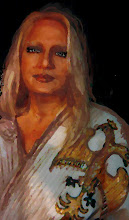
.jpg)

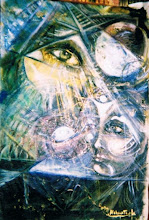
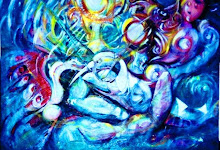
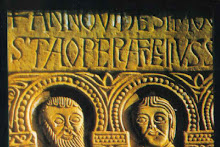
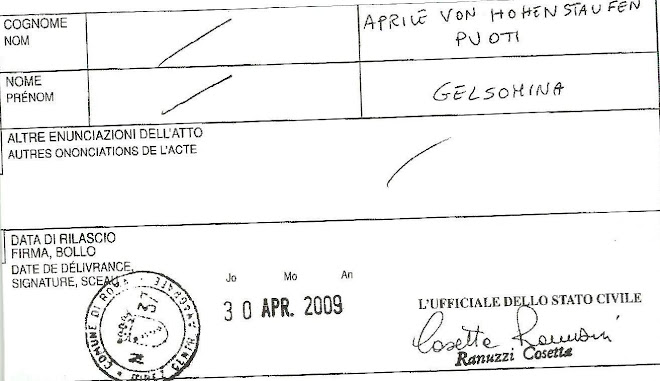



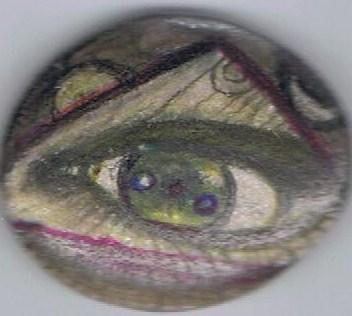
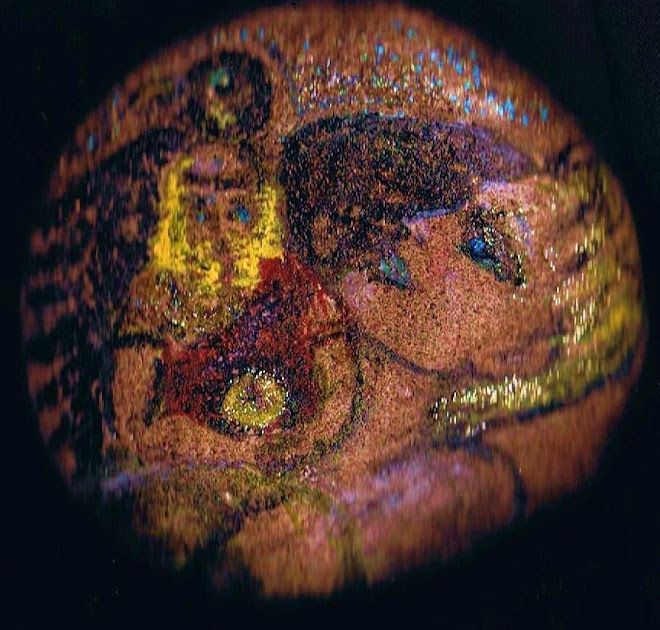







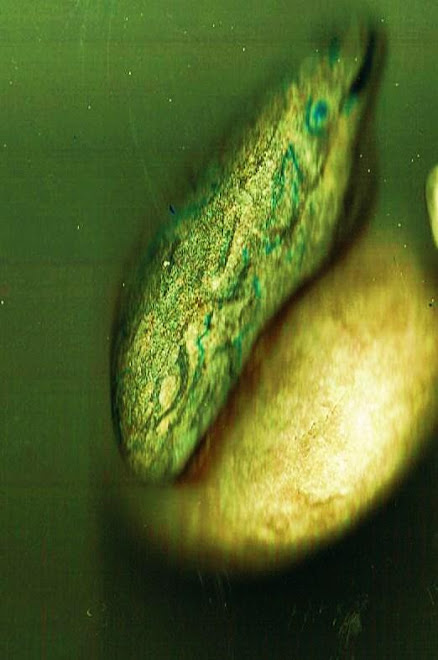







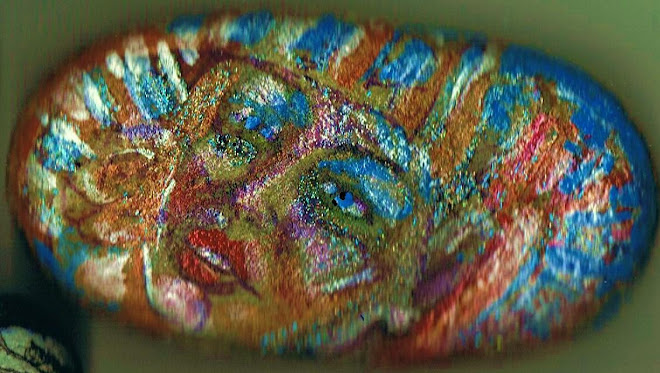



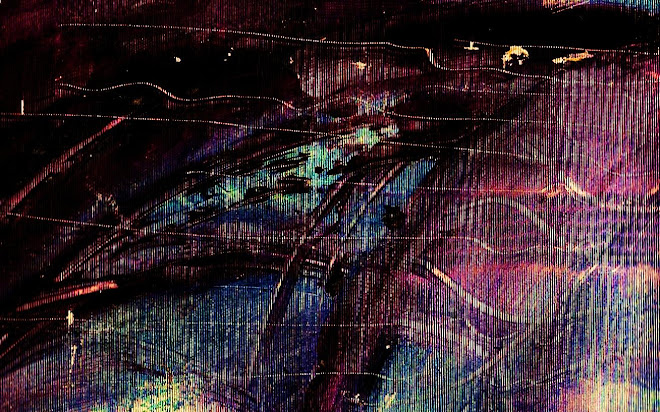
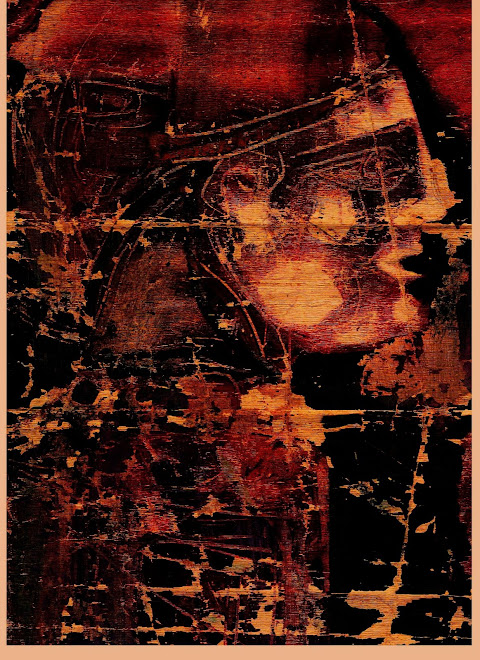
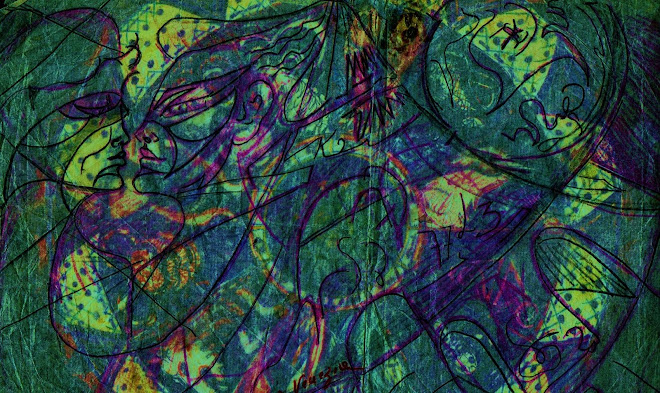
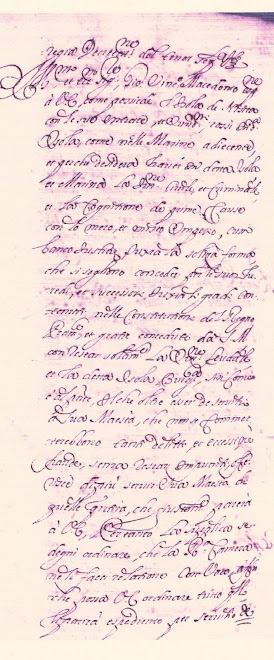
Nessun commento:
Posta un commento